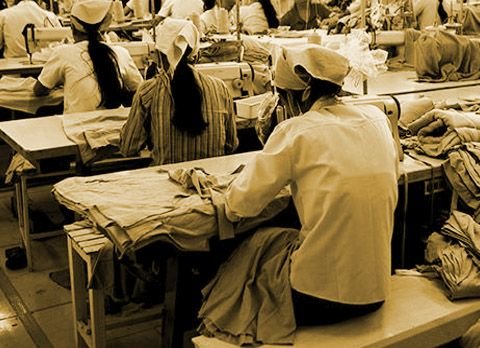Transparency

The lack of transparency in the global garment and footwear industry has long been a barrier to addressing labour rights violations throughout companies’ supply chains.
Thanks to international pressure, more companies have begun to disclose not only supplier and wholly-owned factory names and addresses, but also additional data, such as the name of the parent company that owns the factory, type of products made, as well as the number and gender breakdown of the workforce.
Despite this growing trend, however, secrecy continues to be a major barrier to accountability, with almost half of companies failing to disclose information about the factories that make their products. In addition, companies often fail to regularly update the information that they do disclose, adding to the difficulty of holding retailers and brands accountable when worker rights violations occur in factories in their supply chain.
To assist trade unions, researchers, and women’s and labour rights organizations in determining leverage points for brand engagement or campaigning to address labour rights violations, MSN has developed a set of companies and brands research tools : The Companies and Brands Chart: Leverage Points with International Apparel Companies and the Companies and Brands: Factory Disclosure Lists.
In 2016, MSN joined with eight other international trade union, corporate accountability, and labour and human rights organizations.in founding the Transparency Pledge Coalition. The Coalition released reports in 2017 and 2019 rating supply chain disclosure practices of companies in the apparel and footwear industries. Through campaigning and engagement, it has achieved major improvements in supply chain transparency in the sector.
The Coalition has encouraged and pressured apparel and sportswear brands and retailers to adopt the Apparel and Footwear Supply Chain Transparency Pledge standard and increase the information they publicly disclose on their supplier factories around the world. It has also called on multi-stakeholder initiatives to make public disclosure of supply chain information a condition of membership. At least partially as a result of this work, in 2019, the Fair Labor Association (FLA) decided to require its company affiliates to publicly disclose their supplier lists.
